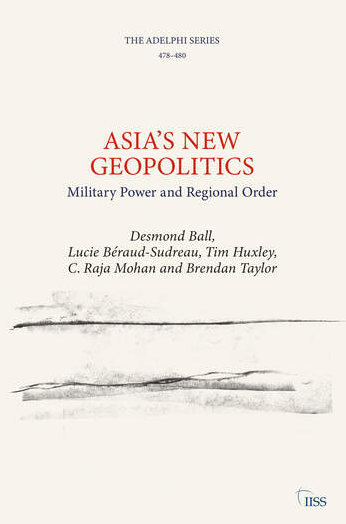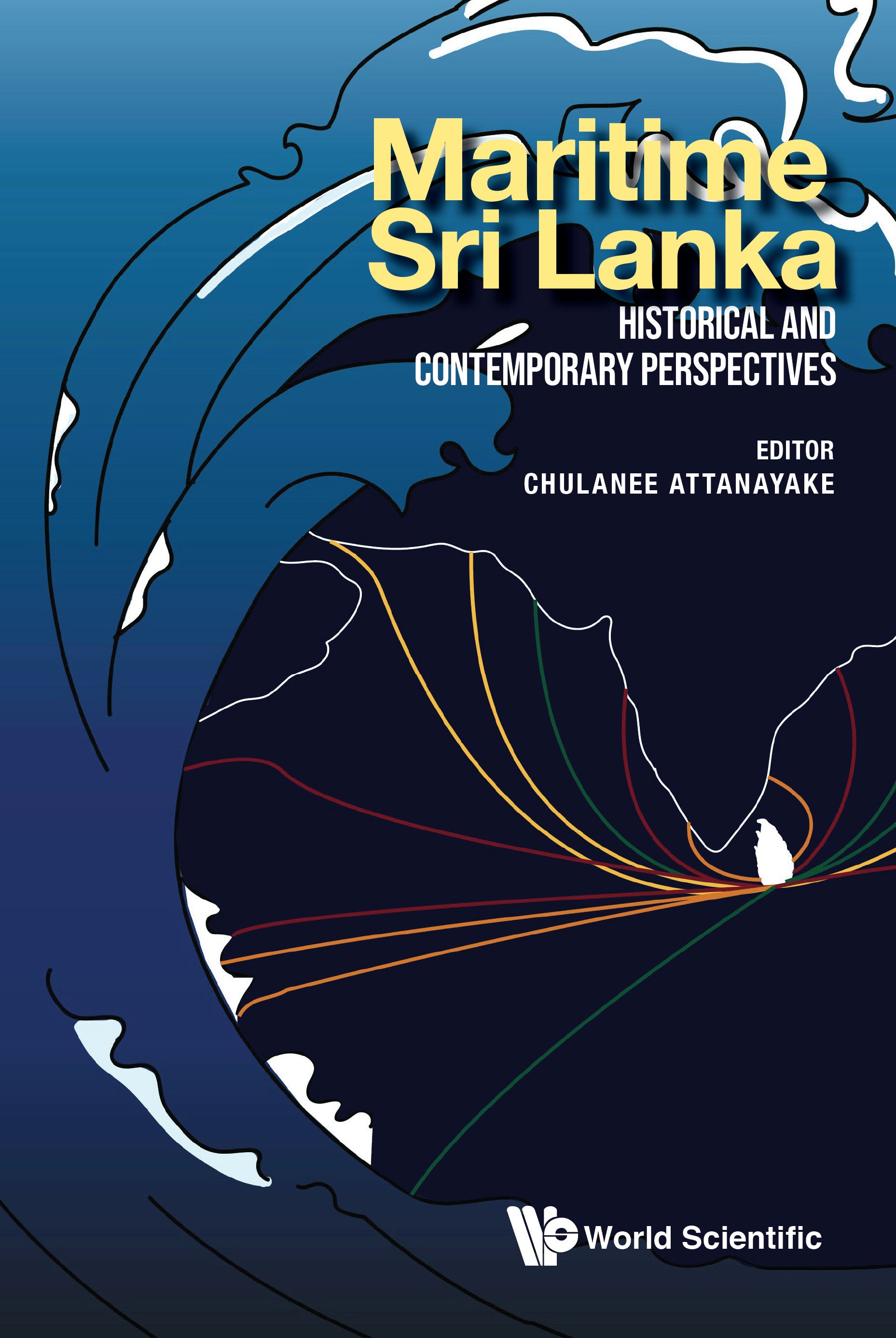
| Title: | Asia’s New Geopolitics: Military Power and Regional Order |
| Author/s: | Desmond Ball, Lucie Beraud-Sudreau, Tim Huxley, C. Raja Mohan, Brendan Taylor |
| Abstract: | Intensifying geopolitical rivalries, rising defence spending and the proliferation of the latest military technology across Asia suggest that the region is set for a prolonged period of strategic contestation. None of the three competing visions for the future of Asian order – a US-led ‘Free and Open Indo-Pacific’, a Chinese-centred order, or the ASEAN-inspired ‘Indo-Pacific Outlook’ – is likely to prevail in the short to medium term. In the absence of a new framework, the risk of open conflict is heightened, and along with it the need for effective mechanisms to maintain peace and stability.
As Asia’s leaders seek to rebuild their economies and societies in the wake of COVID-19, they would do well to reflect upon the lessons offered by the pandemic and their applicability in the strategic realm. The societies that have navigated the crisis most effectively have been able to do so by putting in place stringent protective measures. Crisis-management and -avoidance mechanisms – and even, in the longer term, wider arms control – can be seen as the strategic equivalent of such measures, and as such they should be pursued with urgency in Asia to reduce the risks of an even greater calamity. |
| Date: | 29 September 2021 |
| More From: |

| Title: | Negotiating Nationalism in India and Latin America: Fiscal Decentralization, Subnational Politics and Social Outcomes |
| Author/s: | Andres Mejia-Acosta, Louise Tillin |
| Abstract: | This book explores how vertical inter-governmental political and fiscal bargains and horizontal variation in political, social and economic conditions across regions contribute to or undermine the provision of inclusive and sustainable social policies at the subnational level in Latin America and India. |
| Date: | 16 June 2021 |
| More From: |

| Title: | India and Asian Geopolitics: The Past and Present |
| Author/s: | Shivshankar Menon |
| Abstract: | One of India’s most distinguished foreign policy thinkers addresses the many questions facing India as it seeks to find its way in the increasingly complex world of Asian geopolitics. A former Indian foreign secretary and national security adviser, Shivshankar Menon traces India’s approach to the shifting regional landscape since its independence in 1947. From its leading role in the “nonaligned” movement during the cold war to its current status as a perceived counterweight to China, India often has been an after-thought for global leaders—until they realize how much they needed it.
Examining India’s own policy choices throughout its history, Menon focuses in particular on India’s responses to the rise of China, as well as other regional powers. Menon also looks to the future and analyzes how India’s policies are likely to evolve in response to current and new challenges. As India grows economically and gains new stature across the globe, both its domestic preoccupations and international choices become more significant. India itself will become more affected by what happens in the world around it. Menon makes a powerful geopolitical case for an India increasingly and positively engaged in Asia and the broader world in pursuit of a pluralistic, open, and inclusive world order. |
| Date: | 21 April 2021 |
| More From: |

| Title: | Maritime Sri Lanka: Historical and Contemporary Perspectives |
| Author/s: | Chulanee Attanayake |
| Abstract: | Being an island nation, the ocean is never too far from Sri Lanka. Situated right at the center of the world's busiest sea lanes of communication, the geography connects the country with the Indian Ocean, and its destiny is linked to this strategic body of water. For centuries, the Indian Ocean has been part of Sri Lanka's strategic, security, and political narratives. However, over the years, the country's involvement in the affairs of the Indian Ocean has retracted due to domestic and regional circumstances. Its consciousness of its ocean identity declined when it took an inward orientation which gave greater visibility to its South Asian identity, and its own imagination began to pivot towards the Indian hinterland. However, with the rising importance of the Indian Ocean in geopolitics, and with the end of the civil war, Sri Lanka's consciousness of its ocean identity has grown. Successive governments have formulated policies that would have paved its way to become the hub of the Indian Ocean, making the ocean the center of its economic development, maritime security, and defense relations. Amidst this backdrop, this book explores historical and contemporary perspectives on Sri Lanka's relations with the Indian Ocean. |
| Date: | 19 January 2021 |
| More From: |
Load more


